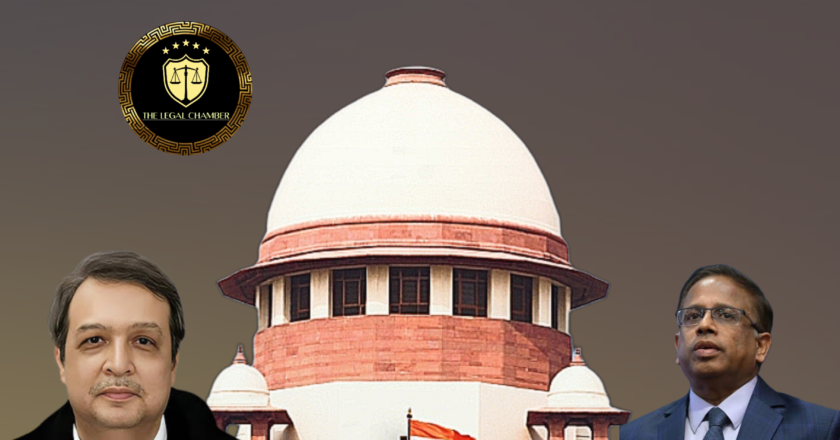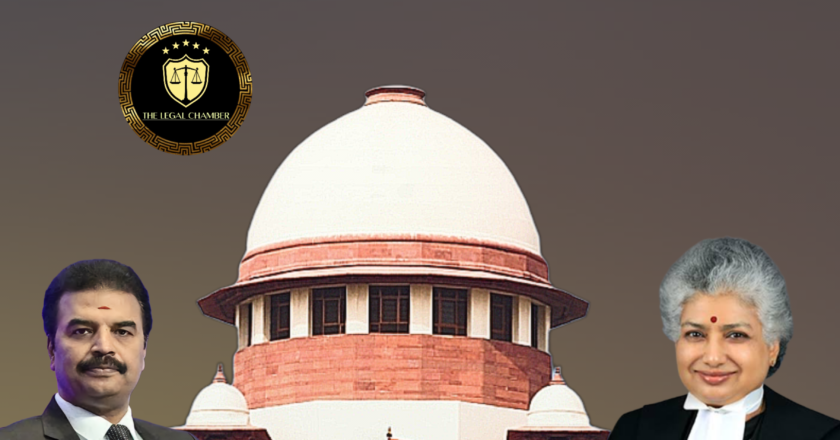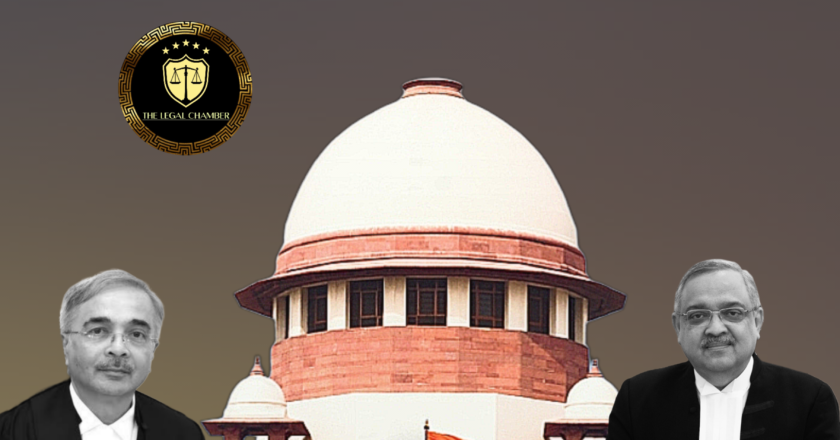Supreme Court Allows Older Couples to Continue Surrogacy if Embryos Frozen Before 2022
The Supreme Court held that the age restrictions under Section 4(iii)(c)(I) of the Surrogacy (Regulation) Act, 2021, do not apply retrospectively. Intending couples who had commenced the surrogacy process—specifically by creating and freezing embryos—before the Act's enforcement retain their vested right to continue the procedure, irrespective of subsequently exceeding the statutory age limits.
Facts Of The Case:
The case consolidates three petitions concerning age restrictions for intending couples under the Surrogacy (Regulation) Act, 2021. In the first, a couple married in 2019 began IVF treatment in 2020 but were advised to use surrogacy due to the wife’s medical history. Their embryos were frozen in January 2021, but the process was stalled by the pandemic before the Act, with its a...









